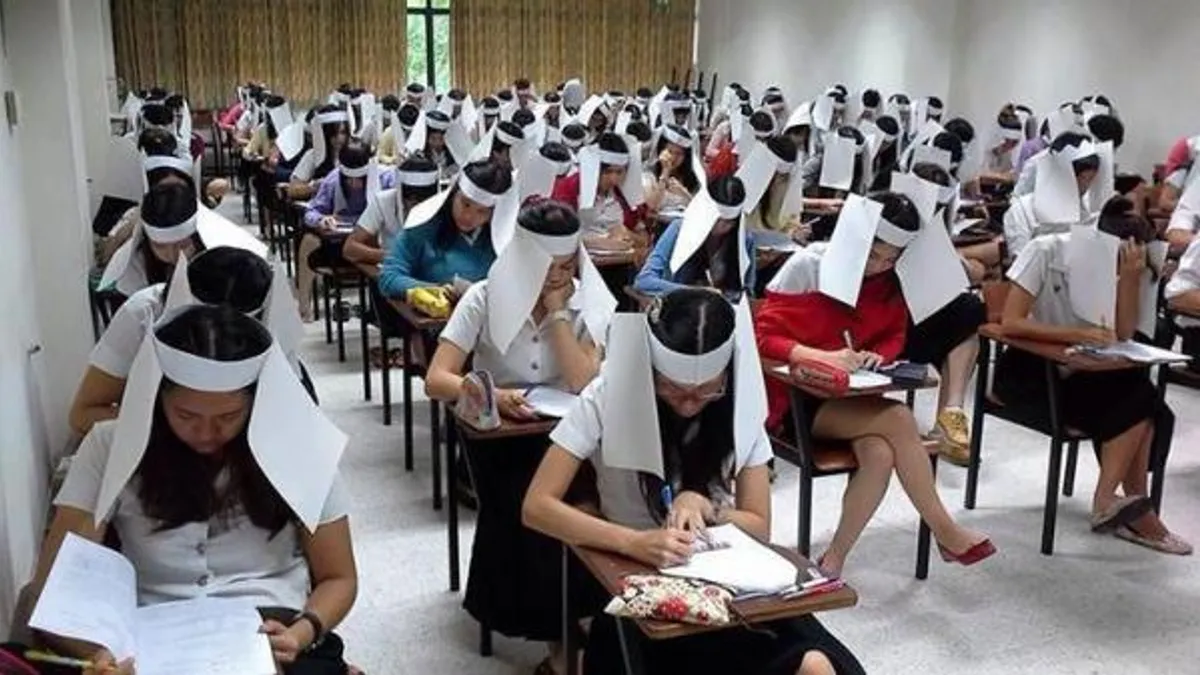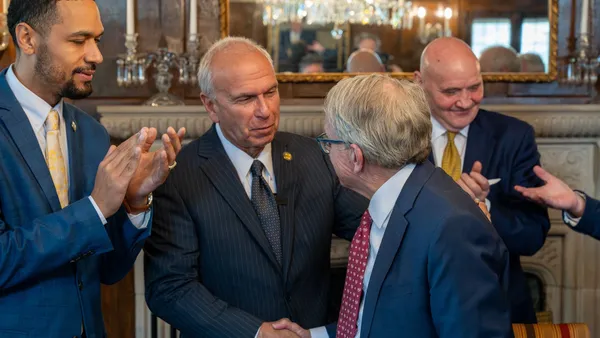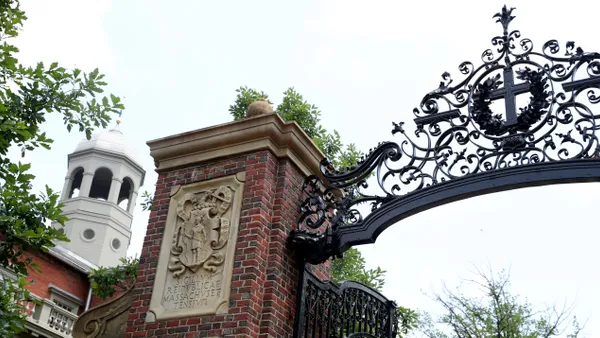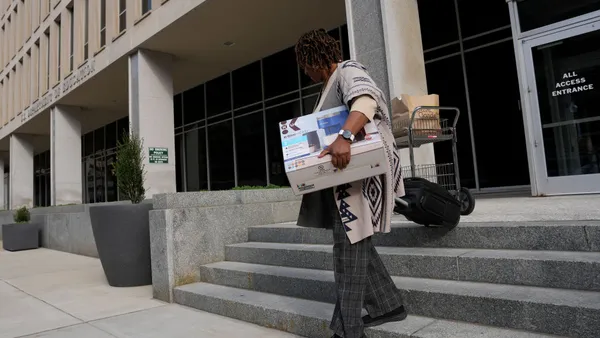Sometimes you find stories in the news that seem a little too strange to be true. College campuses aren't exempt from these outrageous, hard-to-believe and sometimes wacky stories that, if you didn't know any better, could almost be mistaken for fare typical of The Onion or Weekly World News.
The past summer in particular saw no shortage of strange incidents on college campuses—and despite what you might expect, students weren't the only ones behind them. In fact, some incidents only seemed to get stranger when faculty or administrators were involved.
1. U-PITT PROFESSOR BUYS DRUGS WITH SCHOOL FUNDS

University of Pittsburgh pharmacy school professor Billy Day received 18 counts of felony drug charges in September after an internal audit revealed he used school funds to order narcotics for recreational use. The 52-year-old allegedly used $3,800 of university and National Institutes of Health funds to buy drugs including Midazolam, Demerol, Clonazepam and Lorazepam, all of which he reportedly injected on campus. Here's hoping he gets the help he needs.
2. MILEY CYRUS IMITATORS FORCE GRAND VALLEY STATE TO REMOVE SCULPTURE
A wrecking ball-like sculpture on Grand Valley State University's campus attracted students hoping to reenact scenes from the music video for pop star Miley Cyrus' latest single, "Wrecking Ball." In the video, Cyrus swings nude from a wrecking ball, and at least one student followed (birthday) suit by stripping down and photographing himself in the act. The steel ball hanging from 50 feet of steel cable hung in front of the Seymour and Esther Padnos Hall of Science for close to two decades, but will be ridden no more—the university is removing it due to safety concerns. Students, however, are now protesting the decision.
Here's a televised report from WXMI in Grand Rapids, Mich., with all the details.
3. LSU GIVES DISTRICT JUDGE THE RUNAROUND OVER RECORDS

In April, Louisiana District Judge Janice Clark ordered Louisiana State University to hand over records pertaining to its secret presidential search. The records became the subject of a lawsuit after the school refused to fulfill a records request by newspapers The Advocate and The Times-Picayune. The school spent four months in contempt of court, being fined $500 a day during that time period, with Clark going so far as to threaten board members with arrest for failing to comply with the request. At one point, when it was revealed that the records weren't even at the school, but were held by a Texas consulting firm, she even asked if a federal marshal needed to get involved. The school finally handed over the records in September, but the newspapers weren't yet allowed to disclose their contents.
4. U. OF ALABAMA'S "MACHINE" ALLEGEDLY RIGS MUNICIPAL ELECTION
A cabal of representatives from 28 of the University of Alabama's Greek organizations allegedly rigged a Tuscaloosa municipal election in late August. "The Machine," as the group is known, is infamous for the level of campus and community influence it holds, and former Board of Education member Kelly Horwitz felt they were behind her loss. Reports substantiating her claims included a sorority bribing students with alcohol and 10 students registering to vote with the address of a single-family home. In the aftermath, UA law professor Paul Horwitz, husband of the ousted board member, called on the school's administration to deal with The Machine, and UA President Judy Bonner threatened discipline for any students found guilty of misconduct.
5. THAI UNIVERSITY STUDENTS MAKE ANTI-CHEATING BLINDERS

In what is perhaps our favorite (and least depressing) strange higher ed happening in recent memory, Thailand's Kasetsart University received a little international attention in August for its students' innovative anti-cheating solution. Prompted by their professor to come up with a method to prevent cheating on an exam, the students fashioned paper blinders—essentially a paper headband with a sheet of paper attached on each of the head. A photo of students wearing the do-it-yourself headgear went viral and unfortunately received criticism from people unaware that it was the students' idea in the first place. Still, some had fun imagining that a similar practice could have saved the Ivy League institution a PR headache last year.
Would you like to see more education news like this in your inbox on a daily basis? Subscribe to our Education Dive email newsletter! You may also want to read Education Dive's look at 4 lessons L.A.'s iPad rollout can teach everyone.














